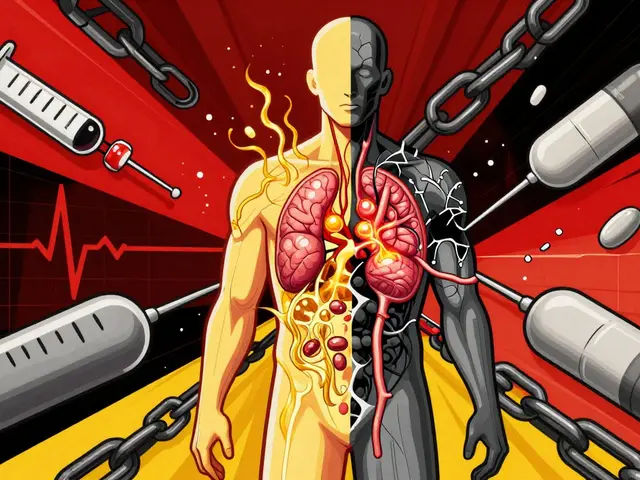Urine Leakage: Practical Steps to Stop Leaks and Feel Confident
Urine leakage is common and treatable. Whether you leak a few drops when you cough or feel a sudden urgent need to go, small changes often make a big difference. Below are clear, no-nonsense steps you can try today and guidance on when to get medical help.
Common causes and types
Not all leakage is the same. Stress incontinence happens with pressure on the bladder — coughing, lifting, laughing. Urge incontinence feels like a sudden, strong need to pee and you can’t make it. Overflow incontinence is when the bladder doesn’t empty fully and dribbles. Causes include weak pelvic floor muscles, pregnancy and childbirth, aging, nerve issues, urinary tract infections, certain medicines, and lifestyle factors like smoking or excess weight.
Practical steps you can try today
1) Do pelvic floor exercises (Kegels). Find the muscles you use to stop urine midstream. Squeeze and hold for 3–5 seconds, then relax for 3–5 seconds. Repeat 10 times, three times a day. Consistency matters — you should see improvement in 4–8 weeks.
2) Try bladder training. Keep a diary of when you pee and how much leaks. Gradually increase the time between bathroom visits by 10–15 minutes. Use distraction or slow breathing if you feel urgency. This helps your bladder hold more and reduces sudden urges.
3) Tweak fluids and diet. Cut back on caffeine, alcohol, and acidic drinks that irritate the bladder. Drink enough to stay hydrated but avoid large amounts right before bed or outings. Small, steady sips are better than gulping.
4) Manage weight and constipation. Losing even a little weight can reduce pressure on the bladder. Regular bowel habits also help — a full rectum presses on the bladder and worsens leakage.
5) Use practical aids. Absorbent pads, protective underwear, and quick-change clothing make life easier while you work on treatment. Night-time waterproof sheets can protect bedding.
6) Seek professional help when needed. Pelvic floor physiotherapists teach targeted exercises and biofeedback. Your doctor may suggest medications, vaginal estrogen for postmenopausal women, or procedures such as sling surgery for severe stress leaks. For overflow issues, tests to check for bladder emptying or nerve problems may be recommended.
When to see a doctor now: sudden severe leakage, blood in urine, fever, inability to urinate, or leakage that limits your daily life. These signs need prompt evaluation.
Small steps often help a lot. Start with Kegels and a bladder diary, cut back on bladder irritants, and consider a physio referral if things don’t improve. You don’t have to accept leaks as normal—many people reclaim control with simple, steady actions.

The Relationship Between Urine Leakage and Sexual Health
As a blogger, I've recently come across a significant topic discussing the relationship between urine leakage and sexual health. It's important to note that urinary incontinence can affect both men and women, and it may lead to a decline in self-esteem, causing issues in one's sex life. A variety of factors contribute to this condition, including age, obesity, and medical history. Fortunately, there are treatments available to help improve the situation, such as pelvic floor exercises, medications, and even surgery in some cases. It's crucial to talk openly with your healthcare provider about any concerns related to urine leakage and sexual health, as early intervention can lead to a better quality of life.
read more




